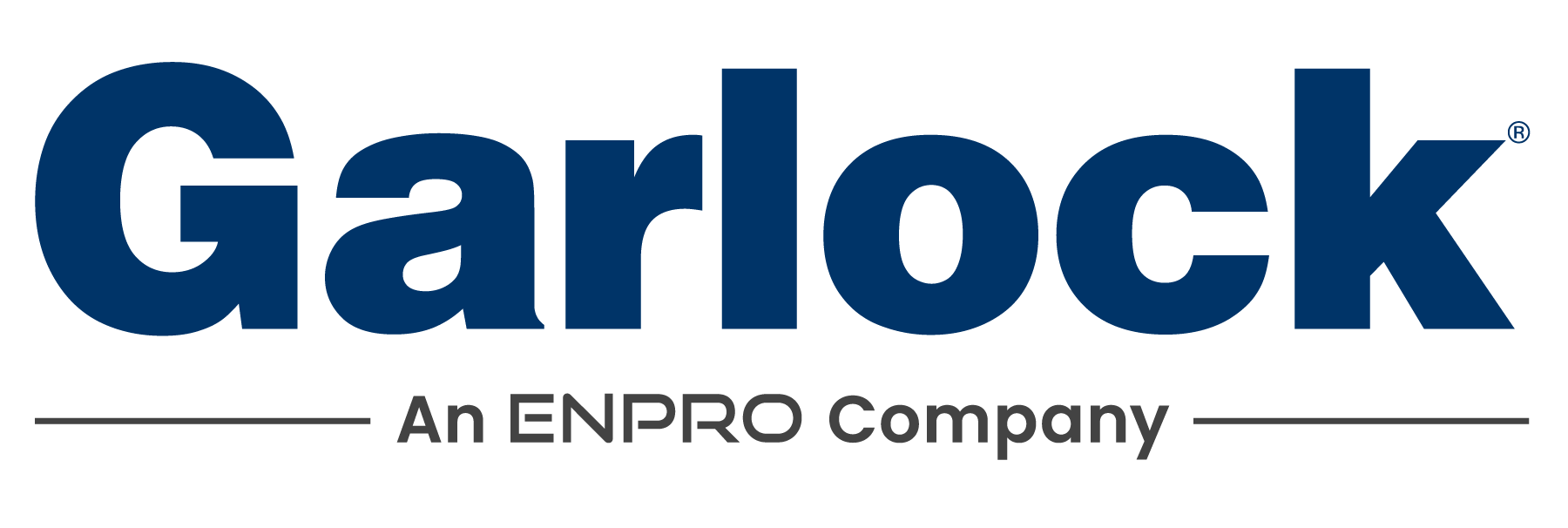The Ultimate Guide to API Manufacturing: Unlocking Efficiency in Pharmaceutical Production
In the rapidly evolving landscape of pharmaceutical production, API manufacturing stands as a cornerstone of drug development and supply. According to a recent report by Grand View Research, the global active pharmaceutical ingredient market is projected to reach USD 243.10 billion by 2025, showcasing an impressive CAGR of 6.3% from 2019. This growth is largely driven by the increasing demand for generic drugs and biologics, as well as the ongoing innovations in drug formulation and delivery technologies. As the competition intensifies, pharmaceutical companies are compelled to enhance their production efficiency while ensuring compliance with stringent regulatory standards.

This ultimate guide delves into the intricacies of API manufacturing, offering insights and strategies that can help industry players unlock new levels of operational efficiency, streamline their production processes, and ultimately deliver safer, more effective medications to patients worldwide.
The Rise of APIs: Transforming the Pharmaceutical Landscape for Enhanced Efficiency
The pharmaceutical industry is experiencing a significant transformation with the rise of Active Pharmaceutical Ingredients (APIs). As the cornerstone of drug formulation, APIs have become increasingly critical to achieving enhanced efficiency in production processes. The growing demand for high-quality medications is pushing manufacturers to innovate and optimize their operations, ensuring faster time-to-market for essential therapies.
Advancements in API manufacturing techniques are revolutionizing the pharmaceutical landscape. With the integration of automation and advanced analytical technologies, companies can streamline production, reduce waste, and maintain stringent quality standards. This shift not only minimizes costs but also enhances the reliability of drug supply chains. By focusing on API efficiency, pharmaceutical manufacturers can better respond to evolving healthcare needs and regulatory requirements, ultimately improving patient outcomes.
Moreover, the increasing emphasis on sustainability in API manufacturing is reshaping industry practices. Companies are exploring green chemistry methods and efficient resource management to minimize their environmental footprint. This commitment to sustainability further complements the push for efficiency, allowing the pharmaceutical sector to meet the demands of a rapidly changing market while contributing positively to global health.
Key Metrics Driving API Manufacturing Innovations in the Pharma Industry
In the fast-evolving landscape of pharmaceutical production, the efficiency of Active Pharmaceutical Ingredient (API) manufacturing has emerged as a critical focus area. Key metrics driving innovations in this sector include yield optimization, cycle time reduction, and cost efficiency. According to a recent report by Mordor Intelligence, the global API market is projected to reach $232 billion by 2024, growing at a CAGR of 6.3% from 2019. This growth is largely attributed to increased demand for high-quality generics and biologics, compelling manufacturers to adopt advanced analytics and process improvement methodologies.
Moreover, process automation plays an integral role in enhancing API manufacturing. A survey by the International Society for Pharmaceutical Engineering (ISPE) revealed that 75% of companies implementing automation reported significant improvements in throughput and error reduction. As regulatory bodies continue to emphasize stringent quality standards, embracing metrics such as Process Analytical Technology (PAT) and Real-Time Release Testing (RTRT) can further streamline production. The convergence of these metrics is not only reshaping the traditional manufacturing paradigms but also paving the way for more sustainable and compliant production practices in the pharmaceutical industry.
Automating API Production: Case Studies and Success Stories
In the rapidly evolving pharmaceutical industry, automating Active Pharmaceutical Ingredient (API) production has emerged as a critical success factor. Numerous companies have adopted advanced technologies to streamline their processes, reduce costs, and improve product quality. For instance, a leading biopharmaceutical firm implemented an automated system that integrates real-time data monitoring and quality control. This innovation not only minimized human error but also significantly accelerated the production timeline, allowing for faster market entry of new medications.
Another compelling case study involves a contract manufacturing organization that utilized robotics to enhance efficiency in its API production line. By replacing manual handling with automated systems, the company achieved a reduction in production time by 30%, while also ensuring consistent and high-quality output. This transformation not only bolstered their reputation in the industry but also attracted new clients looking for reliable and efficient manufacturing partners. The success stories exemplify how automating API production can lead to more efficient processes and a significant competitive edge in the pharmaceutical sector.
The Impact of Automation on API Production Efficiency
This chart illustrates the significant increase in production efficiency in pharmaceutical API manufacturing after the implementation of automation technologies. The pre-automation efficiency was recorded at 65%, while the post-automation efficiency improved to 90%, showcasing the benefits of embracing modern production solutions.
Regulatory Compliance and Quality Assurance in API Manufacturing
In the realm of API manufacturing, regulatory compliance and quality assurance have become paramount, especially as the pharmaceutical industry faces increasing scrutiny. The recent emergence of artificial intelligence (AI) has transformed how companies approach these challenges, optimizing drug discovery, formulation development, and manufacturing processes. With AI's capabilities, manufacturers can enhance quality control measures and better manage post-market surveillance, effectively mitigating risks associated with poor API quality that can lead to production delays and supply shortages.
Furthermore, the push for local API manufacturing in regions like Africa underscores the importance of regulatory adherence and quality assurance protocols. As countries strive to reduce their dependence on imports, establishing robust in-house API production capabilities becomes crucial. This shift not only ensures a stable supply of high-quality APIs but also enhances the overall resilience of the pharmaceutical supply chain. By leveraging advanced technologies and adhering to stringent regulatory standards, pharmaceutical companies can navigate the complexities of API manufacturing and uphold the highest levels of quality assurance.
Future Trends: Sustainable Practices in API Production for the Pharmaceutical Sector
The pharmaceutical industry is increasingly recognizing the importance of sustainable practices in Active Pharmaceutical Ingredient (API) production. According to a report by the Global API Industry Analysis, the market is projected to reach $233 billion by 2025, reflecting a significant uptick in demand for more environmentally-friendly production methods. Key trends, such as the adoption of green chemistry and energy-efficient processes, are gaining traction as companies seek to reduce their carbon footprint while ensuring the high quality of their products.
To effectively implement sustainable practices, pharmaceutical manufacturers can follow several tips. Firstly, leveraging renewable energy sources, such as solar or wind power, within production facilities can lead to substantial emissions reductions. A shift toward biodegradable solvents and waste minimization techniques can also serve to lower environmental impact while maintaining compliance with regulatory requirements. Investing in technologies that enhance process efficiencies can further reduce resource consumption, making sustainability not just a moral imperative but also an economically viable strategy.
Moreover, the integration of digital technologies, such as IoT and AI, into API manufacturing is transforming how companies respond to sustainability challenges. A recent study indicated that companies utilizing smart manufacturing saw a 30% reduction in waste generation. Embracing these innovations not only facilitates compliance with stringent environmental regulations but also positions manufacturers as leaders in the evolving landscape of sustainable pharmaceutical production.
Related Posts
-
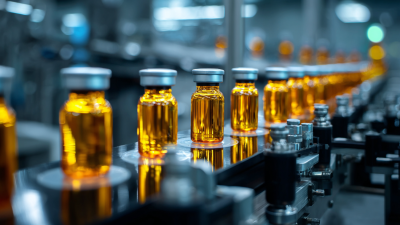
10 Essential Insights for Pharmaceutical Manufacturing Success
-
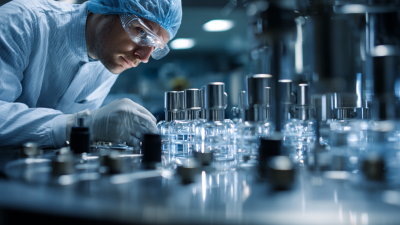
Unlocking Global Markets: Top 7 Certifications for Best Pharmaceutical Equipment Exports
-
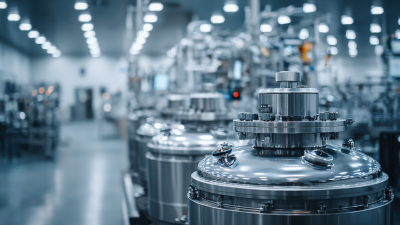
Ultimate Guide to Selecting the Best Pharmaceutical Processing Equipment for Your Needs
-
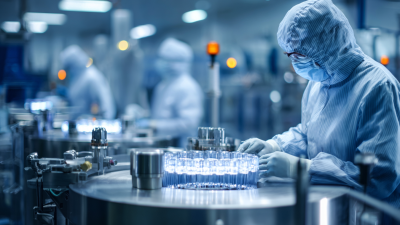
Unlocking the Secrets of Best Pharmaceutical Manufacturing Technical Specifications and Key Sourcing Strategies
